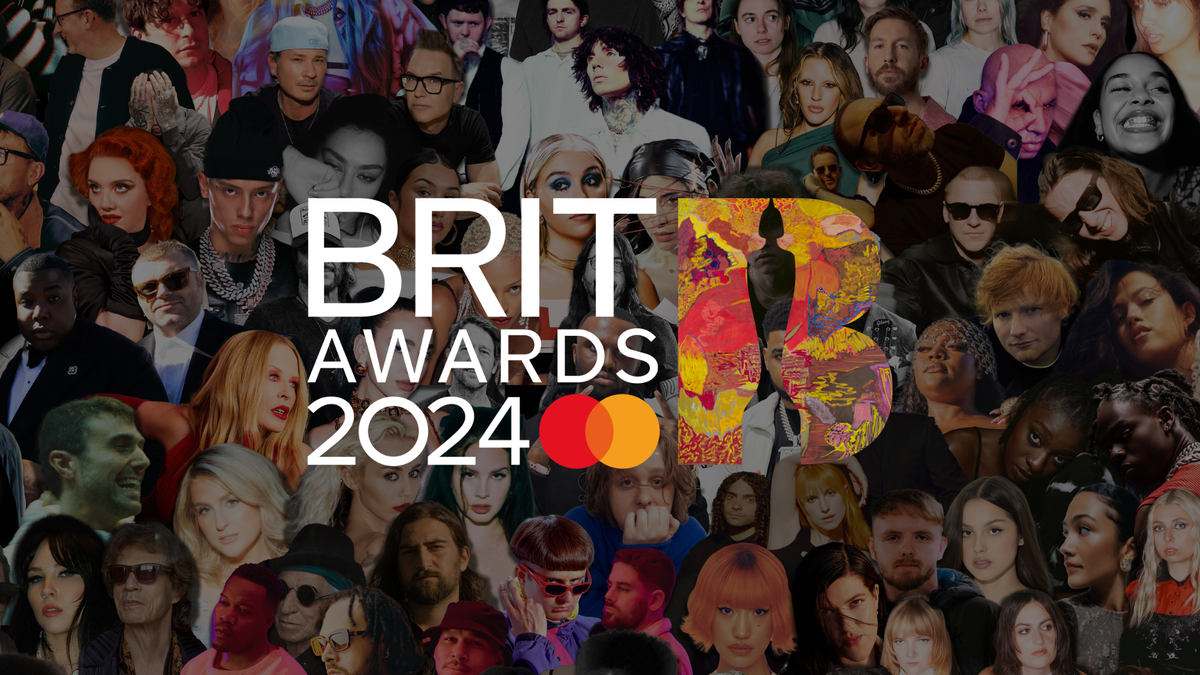After years of changes attempting to improve diversity among its nominated artists, the BRIT Awards finally seems to have hit upon a successful balance. In particular, after last year’s male dominated shortlists, this year more than half of the nominated acts are female. There is also a greater range of genres represented and more artists signed to independent labels - although the majors still dominate.
One of those independent artists is Raye, who is up for an impressive seven awards at this year’s ceremony - the most in a single year by any artist since the awards began in 1977. All the more impressive given that, in 2021, she was still signed to Universal Music’s Polydor, which she said had spent seven years refusing to allow her to release an album leaving her in professional limbo ever since she’d signed a deal with the major label.
“This year's BRIT nominees really highlight the incredible breadth and diversity within British music”, comments Chair of the BRIT Committee for 2024, Atlantic Records MD Damian Christian. “From breaking artists to returning greats, and with artists spanning so many genres, this year's shortlist really feels like it has it all. I'd like to congratulate Raye on her record-breaking seven nominations, as well as every other artist up for an award".
One of the key changes made this year, to address criticism over the lack of diversity last year, was to increase the number of nominations in the UK and International Artist Of The Year categories from five to ten. That comes after last year’s UK award saw five men nominated for the prize - something critics had warned would happen when separate prizes for men and women were merged in 2022.
The other change was to the genre-specific awards that were added in 2022. Previously R&B was lumped in with pop music, which - it was argued - made it hard for R&B artists to get shortlisted, given the high profile of the big pop acts. So this year there are separate awards for pop and R&B.
In a joint statement, the Chief Exec and Chair of awards organiser the BPI, Jo Twist and YolanDa Brown, say that it’s “wonderful that women overall have performed so strongly across so many of the awards categories”.
“We shared in last year’s disappointment that women were not represented in the British Artist Of The Year nominations, and it’s heartening to see such a strong showing in the BRITs 2024 nominations”, they go on. “With such an exciting new generation of diverse talent coming through, we hope and will continue to work towards more balanced representation increasingly becoming the norm rather than the exception”.
Meanwhile, speaking about the increase in nominations for independent labels, Ninja Tune’s Head of Artist Strategy Mita De says, “It's fantastic to see so many independent artists represented this year especially outside genre categories, and we are overjoyed for [Ninja Tuned-signed artists] Young Fathers and Barry Can’t Swim and their nominations being a part of that story. This is a first for Ninja Tune to have four nominations and is a testament to the development work we are committed to with our artists to help them and their teams build long term careers”.
As we’ve seen before, a change in one year does not guarantee better representation every year, but it appears that the BRITs now have hit upon a system that does deliver better results. Something other awards ceremonies should note.



